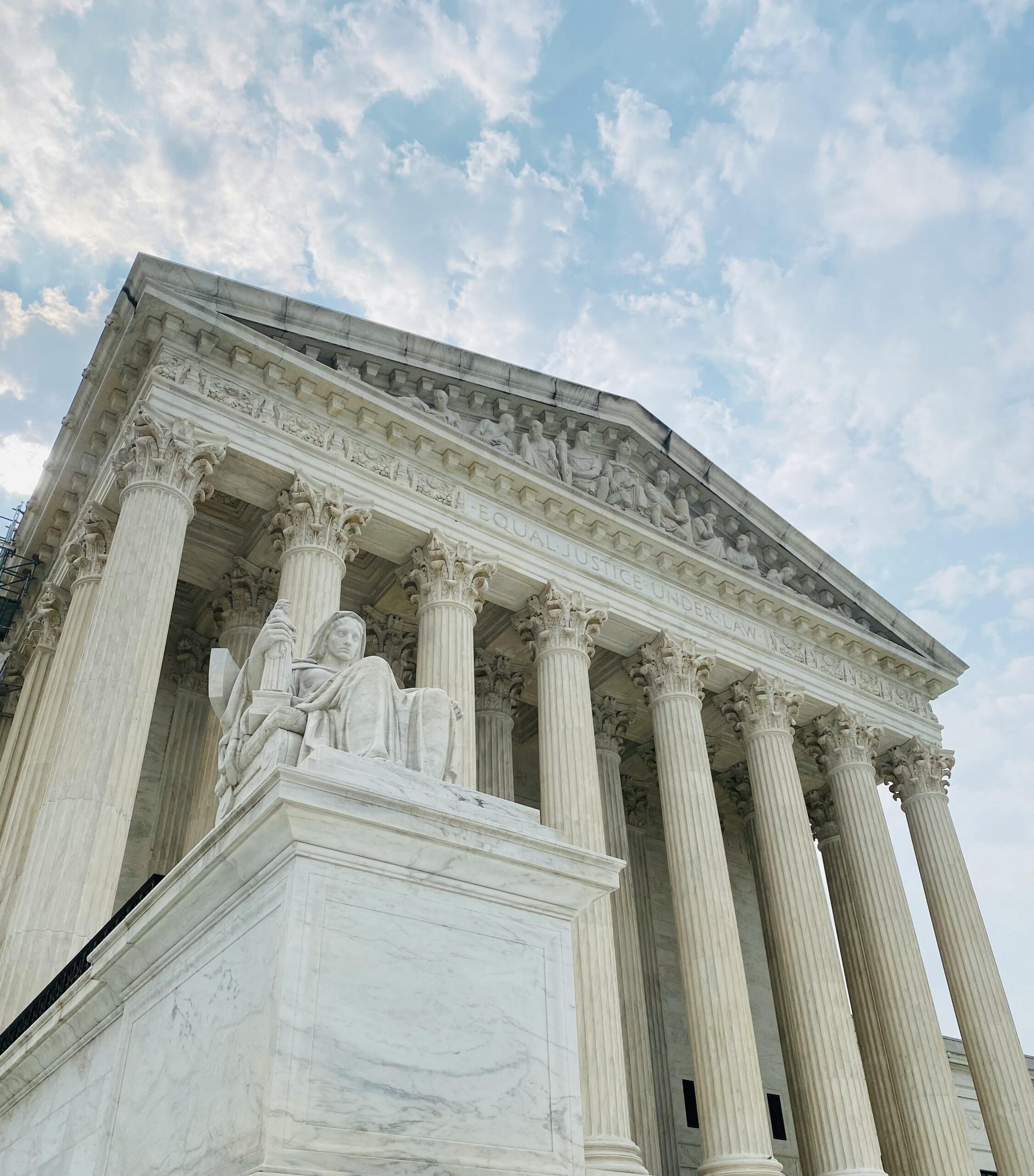- Home
- About The Firm
- Practice Areas
- Areas Served
- Resources
- Blog
- Contact Us


The U.S. Supreme Court has agreed to review an appeals court decision and answer the question of whether the circuit court discovery accrual rule or the Copyright Act’s statute of limitations (17 U.S.C. § 507(b)) should govern whether a music copyright plaintiff can be awarded damages for infringement that occurred more than three years before a lawsuit was filed.
The Eleventh Circuit panel ruled that, based on the discovery rule, which starts the clock ticking for the three-year limit to file a civil lawsuit when the plaintiff discovers the copyright infringement, the musician was permitted to file a lawsuit more than three years after the acts. The Copyright Act generally sets the clock from the time of the infringement, whether the plaintiff was aware of it or not.
Warner Chappell Music Inc., in its petition for certiorari, claimed the Eleventh Circuit made an erroneous decision by expanding the company’s exposure to litigation beyond the text of the Copyright Act. The original infringement case was brought by musician Sherman Nealy and his company, Music Specialist Inc. (MSI), over unauthorized use of his copyrighted songs. In his appeal, he attempted to collect damages for songs that precede filing the lawsuit by longer than the statute of limitations.
Nealy filed the original complaint in federal court in Florida, claiming that in the 1980s he and MSI hired Tony Butler, known as Pretty Tony, who was a disc jockey, recording artist, and producer. As part of the deal, Butler transferred the rights to his music to Nealy’s company. MSI recorded one album and several singles between 1983 and 1986 and all the singles from that era are the subject of the infringement case. MSI, incorporated in Florda, was dissolved in 1986 but reinstated in 2017 with Nealy as president. In the interim, Nealy was convicted and served a prison sentence for distributing cocaine. He was released in 2008.
During Nealy’s stint in prison, Butler formed 321 Music, LLC, and began licensing the rights to the registered copyrighted songs from the MSI catalog to third parties, including Warren Chappell, Atlantic, and Artist Publishing Group. Nealy premised the infringement on the invalid licenses the defendants secured from Butler when the copyrights belonged to him.
Initially, defendants prevailed but damages only applied to songs disputed during the three-year window.
Nealy appealed to the Eleventh Circuit in January 2023 and pleaded that he was entitled to damages beyond the three-year limit. This is because he did not discover and could not reasonably have discovered that Butler was transferring copyright material at the time it was happening, and did not learn of it until early in 2016 because he had been serving a second prison sentence. His original lawsuit was filed in December of 2018.
An appeal panel agreed, prompting Warner Chappell’s petition to the Supreme Court. The case that is subject to the U.S. Supreme Court review is Nealy et al. v. Warner Chappell Music Inc. et al., case number 21-13232, in the U.S. Court of Appeals for the Eleventh Circuit.
The songs in Nealy’s catalog were registered with the U.S. Copyright Office, naming Nealy and Music Specialist the copyright owners. This is crucial to be able to defend ownership and prevail in legal actions claiming infringement. If you have not protected your creative work, there is no better time than now. Lomnitzer Law’s intellectual property lawyers can explain the process, depending on whether you need copyright, trademark, or patent protection. Call us for a consultation.